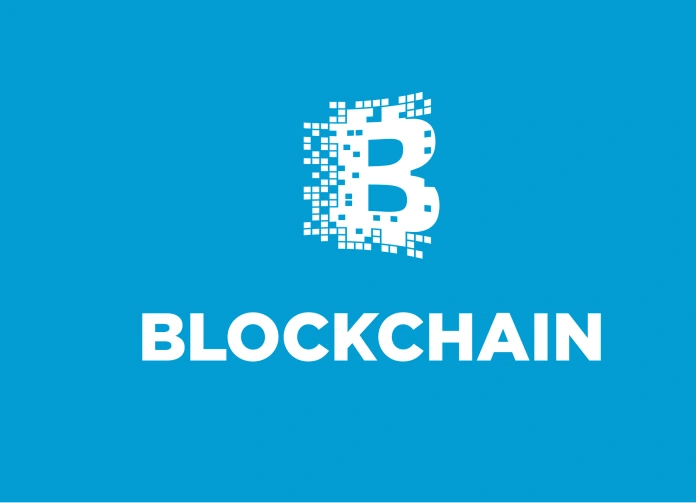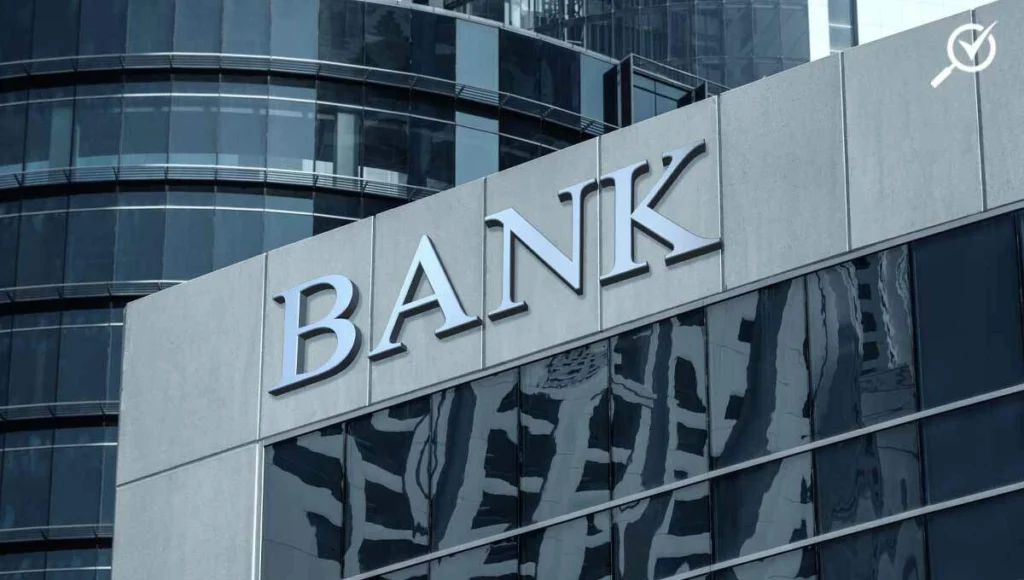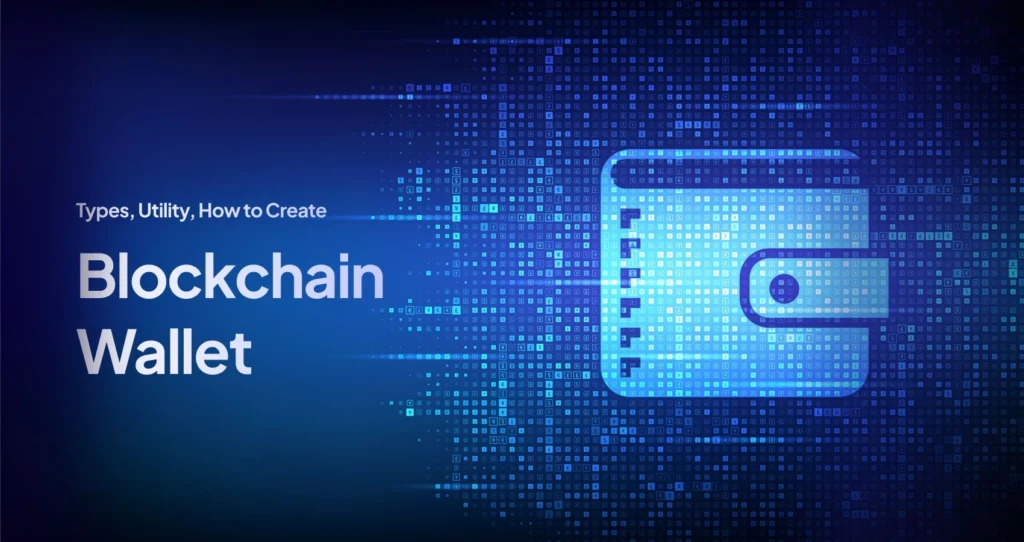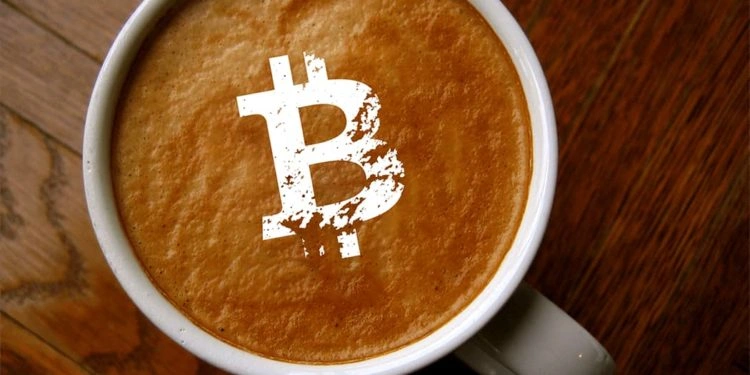Blockchain Wallet vs Bank Card: Why Neither Gets It Perfect
Blockchain wallet vs bank card: Let’s cut through the hype. Blockchain wallets aren’t ready to replace your bank card, no matter what the Bitcoin maximalists tell you. But after years of bank fees and frozen accounts, I’m also not convinced traditional finance has our best interests at heart.
Blockchain wallet vs bank card: The Security Paradox


Banks love touting their fraud protection, but let’s be real – they’re also the same institutions that suffer massive data breaches while making customers jump through hoops to recover stolen funds. Blockchain’s “be your own bank” philosophy sounds empowering until you’re staring at a lost seed phrase with $5,000 in crypto gone forever. There’s no perfect solution here – just different flavors of risk.
Blockchain wallet vs bank card: The Fee Farce

Yes, bank fees are predatory. A $35 overdraft charge should be criminal. But anyone who claims blockchain is “fee-free” hasn’t tried moving Ethereum during peak hours. I’ve paid more in gas fees than some international wire transfers would cost. The truth? Both systems nickel-and-dime you – banks do it predictably, while crypto does it unpredictably.
Speed: The Crypto Advantage That Isn’t Always


When blockchain works, it’s magical – sending money abroad in minutes instead of days. But when networks clog (which happens more than enthusiasts admit), you’re stuck watching transactions pend while praying. Meanwhile, my boring old debit card works instantly at every grocery store in America. Global transfers? Blockchain wins. Buying coffee? Not even close.
Blockchain wallet vs bank card: The Adoption Reality

Here’s the dirty secret no crypto tutorial mentions: outside of tech circles and gray market transactions, almost nobody takes crypto payments directly. You’ll still need to cash out to pay rent or buy gas. Meanwhile, my bank card works at 99% of merchants – but locks me out of the entire DeFi ecosystem. It’s a frustrating standoff.
The Hybrid Solution Nobody Wants to Admit
After years of experimentation, here’s my controversial take: using both is the only practical solution today. Bank cards for daily stability, blockchain for specific use cases where it shines. The purists on both sides will hate this compromise, but adulthood means recognizing no single system has all the answers.
The real battle isn’t blockchain vs banks – it’s about whether either side will evolve to fix their glaring flaws. Until then, we’re stuck navigating the messy middle ground of modern finance.
Relevant News: HERE




